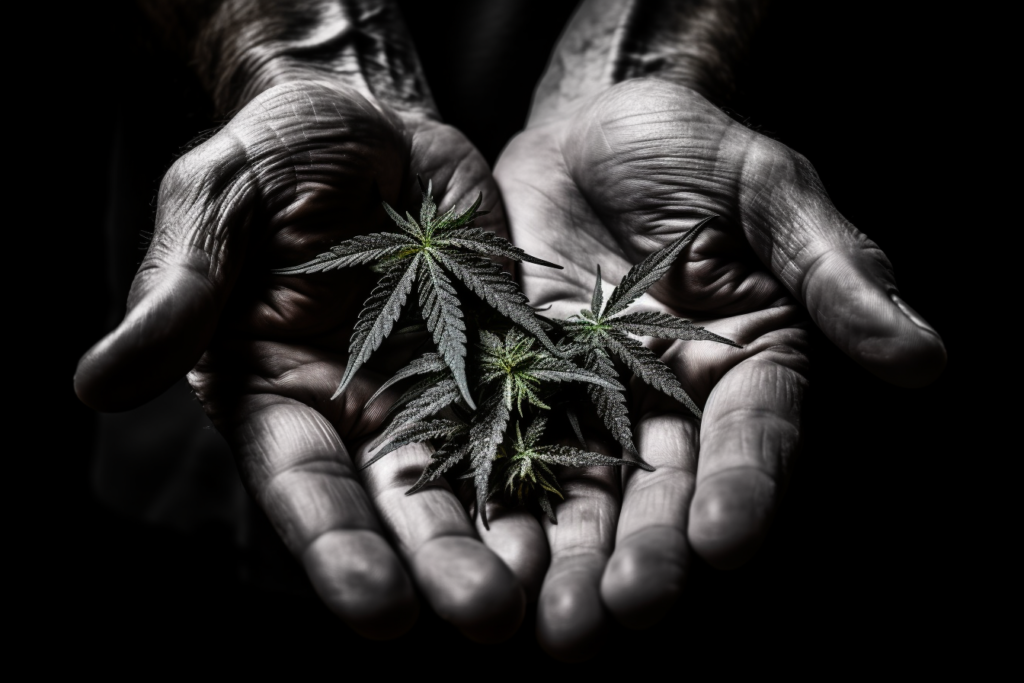
CBD, or cannabidiol, is a term that has become increasingly prevalent in health and wellness conversations. This natural compound derived from the cannabis plant is sparking curiosity and enthusiasm. But what exactly is CBD, and what potential benefits does it offer? In this comprehensive guide, we’ll explore the world of CBD, from its origins and properties to its potential uses.
What is CBD?
CBD, short for cannabidiol, is a chemical compound found in the cannabis plant. It’s one of over 100 cannabinoids present in cannabis, each with its unique properties. Unlike its well-known counterpart, THC (tetrahydrocannabinol), CBD is non-psychoactive, meaning it doesn’t produce the “high” associated with cannabis use.
The Science Behind CBD
To understand how CBD works, we need to delve into the endocannabinoid system (ECS). The ECS is a complex network of receptors, enzymes, and endocannabinoids that plays a vital role in regulating various physiological processes. CBD interacts with the ECS, potentially influencing these processes and leading to a range of effects.
Potential Benefits of CBD
CBD is being researched for various potential health benefits, including:
- Pain Relief: CBD is commonly used to manage pain, both chronic and acute. It may help reduce inflammation and alleviate discomfort, making it a valuable option for those dealing with conditions like arthritis or injury-related pain.
- Anxiety and Stress: Many individuals turn to CBD as a natural way to manage anxiety and stress. Research suggests that it may help reduce anxiety levels and improve overall mood.
- Sleep: CBD has shown promise in promoting better sleep patterns. It can help with insomnia and improve sleep quality, helping you wake up refreshed.
- Epilepsy: The FDA has approved a CBD-based medication, Epidiolex, for the treatment of certain types of epilepsy. This signifies the potential of CBD in managing seizures and epilepsy-related symptoms.
- Skin Health: Topical CBD products, such as creams and balms, are used for their potential benefits in treating skin conditions like acne and eczema.
Legal Status and Usage
The legal status of CBD can vary from place to place, so it’s essential to be aware of the specific rules in your area. In the UK, CBD products are legal as long as they contain less than 0.2% THC.
Choosing the Right CBD Product
When considering CBD, it’s crucial to choose the right product that suits your needs. CBD is available in various forms, such as oils, capsules, edibles, and topical products. Start with a lower dose and gradually increase it as needed, paying attention to any effects and consulting with a healthcare professional if necessary.
To summarise, CBD, with its non-psychoactive nature and potential health benefits, has become a focal point in wellness discussions. As research into CBD continues, we can expect to uncover more about its capabilities and how it can positively impact our lives. Always consult with a healthcare provider before starting any new wellness regimen, especially if you have specific medical concerns. CBD, when used responsibly and thoughtfully, can be a valuable addition to your holistic approach to well-being.
